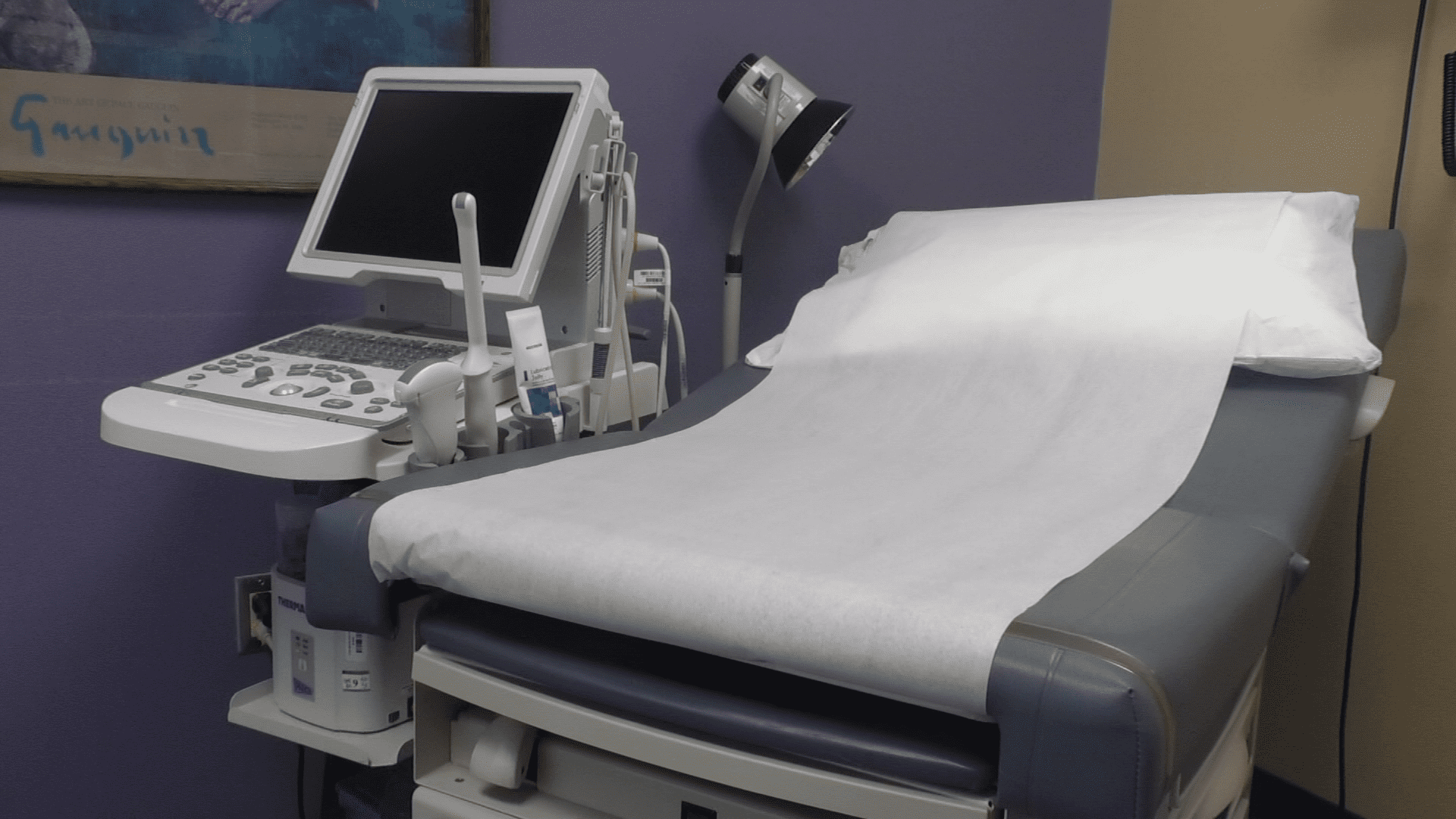Debating reproductive rights in Wisconsin
[anvplayer video=”5158980″ station=”998130″]
The call continues as Wisconsin health leaders join the push to overturn the state’s ban on abortions.
Fifty years ago, the constitutional right to an abortion was granted in the case of Roe v. Wade, and in 2023 everything changed when that rule was overturned.
“It’s really clear that Wisconsin’s ban interferes with our patients’ freedom to make their own personal health care decisions. Our courts now have an opportunity to remove barriers that women face when they seek the care that we’ve been trained to provide them. They have an opportunity to prevent lawmakers from getting between doctors and their patients because blocking women from getting abortions and accessing reproductive health care devastates health and infringes on personal freedom. The time is more urgent than ever to end Wisconsin’s 1849 abortion ban,” said Dr. Ann Helms, a Milwaukee Critical Care Neurologist.
In Wisconsin, Attorney General Josh Kauls has filed a lawsuit trying to overturn Wisconsin’s 1849 abortion ban.
Dr. Kristin Lyerly, an OB/GYN in Green Bay, shared how the current ban makes it challenging for her to care for her patients the way she needs to. “This care could result in criminal charges for doing what’s best for my patient and her family. That means that if this ban stands, Wisconsin law could force me to abandon my patient when she needs me the most or risk going to jail for providing appropriate, compassionate, evidence-based care.”
17 states and the District of Columbia have laws that protect the right to abortion. Physicians from across the state like Rock County OB/GYN Dr. Jill Cousino joined together on Monday, to share what they’ve heard from patients first-hand. “We see how devastating our state’s ban on abortion is to patients leading to potentially insurmountable barriers to procedures and medications that allow a person. Who find themselves with an unintended pregnancy to choose Bodily autonomy.

Lyerly mentioned that, “The 1849 criminal abortion ban has no exceptions for rape, no exceptions for incest, no exceptions for the health of the mother. The only exception is for the life of the mother.”
The overturning of Roe v. Wade made the procedure illegal in Wisconsin, and women are worried if the ban isn’t overturned.
“It’s going to mean that a lot of people are just going to not be able to access an abortion. They are going to have to continue that pregnancy and give birth, and I think that puts a huge burden on that individual. It puts a huge burden on their community and their state as a whole. It’s going to have really deep and long-lasting effects on our entire country,” Lab Supervisor and Patient Educator of We Health Clinic Paulina Briggs shared.